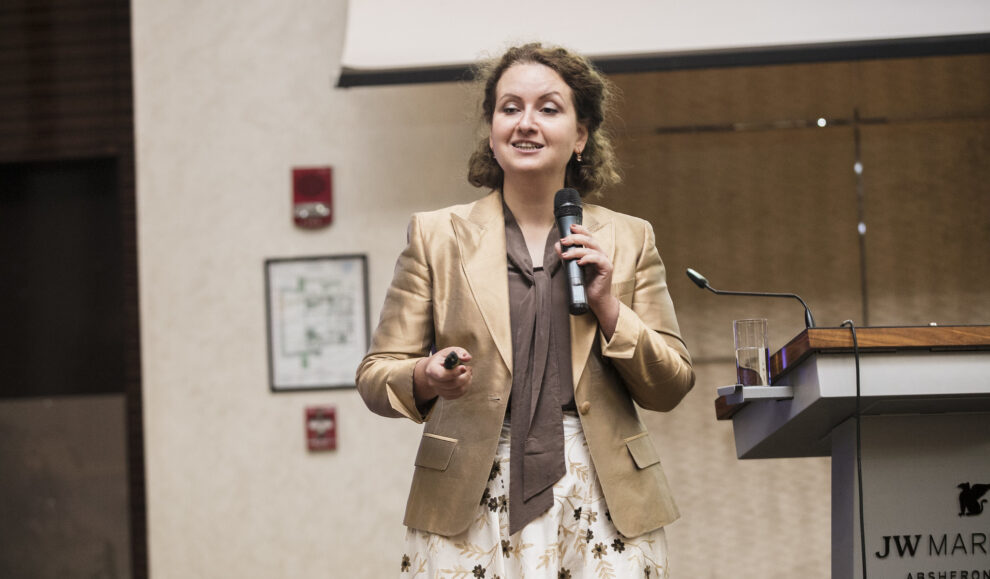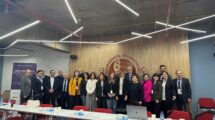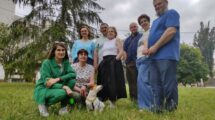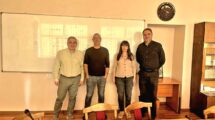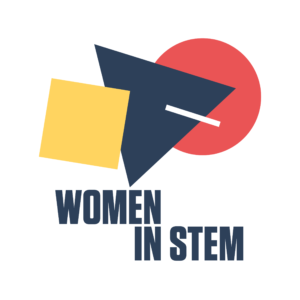
Interview by Rosanna Norman, GÉANT
Professor Demirköz, could you share some highlights of your EaPEC 2022 closing keynote: ‘A prelude to a long journey: from Big Data to Scientific Wisdom’?
For this talk I joined physics and philosophy in a public space for the first time. I was aware that I was taking a risk because I didn’t know how it would resonate with the audience, but after the positive feedback received I am pleased I took this chance. The EaPEC 2022 keynote experience encouraged me to hold a very similar talk, this time in Turkish and in front of a local audience, at the Turkish Academy of Science in December 2022. The talk stems from the observation that data becomes knowledge, but at some point it must also become wisdom. So, how do we humanise or understand the human level of all this vast knowledge? For instance, CERN produces an incredible amount of data to the tune of petabytes per year, this data is then turned into physical knowledge, but we also need to consider that a lot of learning goes into the actual process of doing physics.
Click here, to watch Bilge Demirköz’s closing keynote presentation at EaPEC 2022 on 29 September 2022.
EaPEC 2022’s theme was Building Connections. What is your take on this theme and how does it relate to your experience as a scientist involved in large-scale international collaborations?
In my view, building connections comes in three flavours: the simple act of going somewhere and having one-to-one physical connections; then connecting as scientists to discuss and explore new ideas and projects together; and thirdly the cultural connection, as we live the culture and share the value system that affects and shapes our society. I loved my time in Baku and enjoyed attending EaPEC 2022, not only for the many stimulating discussions and conversations, but also for the exposure to the local culture. During my years at CERN I experienced not only a deep cultural connection with my colleagues and friends but, most importantly, strong kinship, solidarity, and lasting friendship. Together we lived and breathed science almost 24×7 and through mutual support and collaboration we were able to achieve heights that none of us could have reached working independently.
You are considered a role model for the next generation of scientists in Turkey. What motivated you to become such a committed science outreach activist and educator in your country?
I know my limitations as a role model: I graduated in the USA from MIT and my PhD is from Oxford, so I realise that I have been privileged in my career. I believe that the next generation of scientists in Turkey should be able to find in our country a similar quality of education as offered by MIT and Oxbridge. Only then, I believe that ‘we will have won the fight for enlightenment’. We cannot continue to be dependent on international education, we need our own home education system to be more competitive, we need to produce – here at home – science and education that can have international impact.
International collaborations which follow the motto “science for peace” are fundamental in developing the understanding between humans. In 1997 I left Turkey for MIT and I believe we have come a long way in 26 years: the number of research opportunities in Turkey has increased at least tenfold, we are on the right track, but we still have a long way to go. My dream is to break into the top 100 universities, but many things need to change before we achieve that, hence I am working to increase research opportunities and build more connections between my students and the international research communities. Providing good education opportunities to everyone around locally and around the world is vital for social justice and we are ever so closer to it with increasing internet connectivity.
As a female scientist in a highly technical field, what advice would you give to girls who aspire to work in science?
This is the era of digital generations with 24×7 digital access, but imagine that my own school had its first internet connection in 1995 and I was one of the first students to send an email! I am appalled by the amount of online harassment, mobbing, trolling, and bullying that especially girls, but young people in general, experience online on a daily basis. In my days I stood out, I was a nerd, I was different, the bullying I experienced was verbal and direct, it was not anonymous and inevitably stopped the moment I was back at home. These days it never stops. In addition, I believe that this constant online exposure and digital bombardment is severely affecting the capacity to concentrate for young people and adults alike.
My role model was a maths teacher, Mr Selim Tezel, he was very encouraging and sympathetic, he believed in me and enabled me to explore complex problem-solving and additional challenges to meet my learning needs. I truly believe that girls are as capable as boys, as long as they set their mind to achieve what they want. It’s true that ignoring the bullying and the harassment is easier said than done; the key to resilience is understanding that bullying does not stem from one’s identity or unique behaviour, but from the other’s wish to intimidate, scare, and ultimately weaken the competition. So, I would say, keep your mind busy with maths, science, and arts – what I would call nature’s delights – so much that all the bullying sounds just like a distant mosquito nest.
What’s around the corner for Professor Demirköz?
The recent geopolitical events and their global repercussions in every sphere of our lives have shaken us all to the core and affected us deeply. I have also felt the impact of this and have been reflecting on the future direction of my research projects and collaborations. Although I plan to take a moment to reflect and regroup, I definitely intend to continue trying to be a source of inspiration for my students and focus on the needs of science in Turkey. On a more personal level, I have started studying French again and hope to deepen my knowledge of a language and culture that have always fascinated me.
Writer’s note: “I had the privilege to meet Professor Demirkoz in Baku and attend her closing keynote at the EaPEC conference in September 2022. Bilge is a true scientist at heart, she’s very inspiring, and has the ability to connect with her audience with great natural charisma.”
Visit the the website of the EU-funded EaPConnect project responsible for the organisation of the EaPEC conferences.
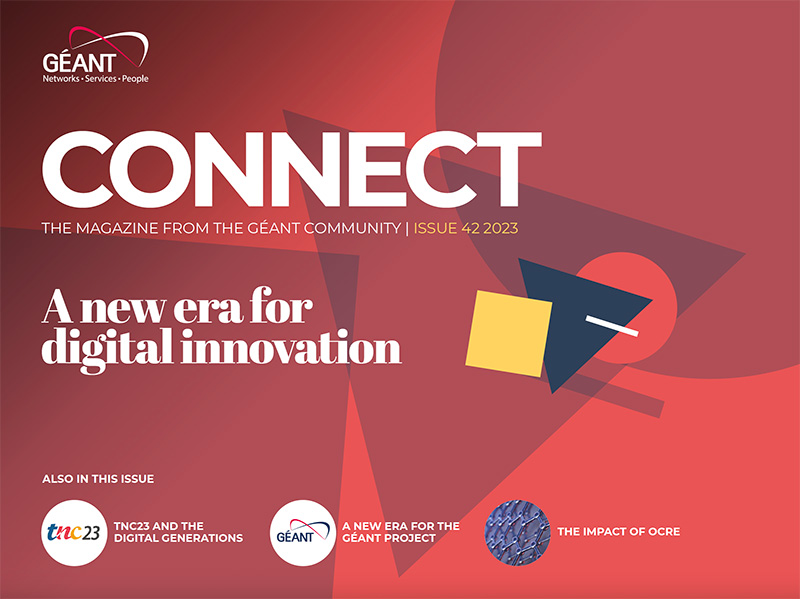
Read or download the full magazine here
